Inspired by the Guide for Indigenous Land Acknowledgement and with deep gratitude for our consultants, Pennie Opal Plant and Alison Ehara-Brown, we offer this template. Like the Metta or loving-kindness practice, these words can and should be altered by individuals and groups for your situation in order to improve their integrity and resonance. More important, they are intended to inspire active response. The text we offer is therefore best understood as a mere starting point for a beneficial practice that is made meaningful first by each community, gathering and person and then in the beneficial activity that follows. We invite you to lean into the aspects of this ritual that feel resonant and meaningful for you and/or your group.
Background
Our gatherings open with ritual, whether implicit or explicit. We might simply greet one another with “How are you?”, rotate through structured individual check-ins, or observe a few minutes of silence followed by a bell. With the aim of building awareness of justice-issues, many progressive / spiritual spaces are incorporating two rituals in particular into their openings:
- Sharing gender pronouns as a way to counter cis-gender projections
- Acknowledging specific Indigenous peoples as vital caretakers of local lands and waters
These identifications counter dominant culture by developing awareness and, ideally, inspiring response.
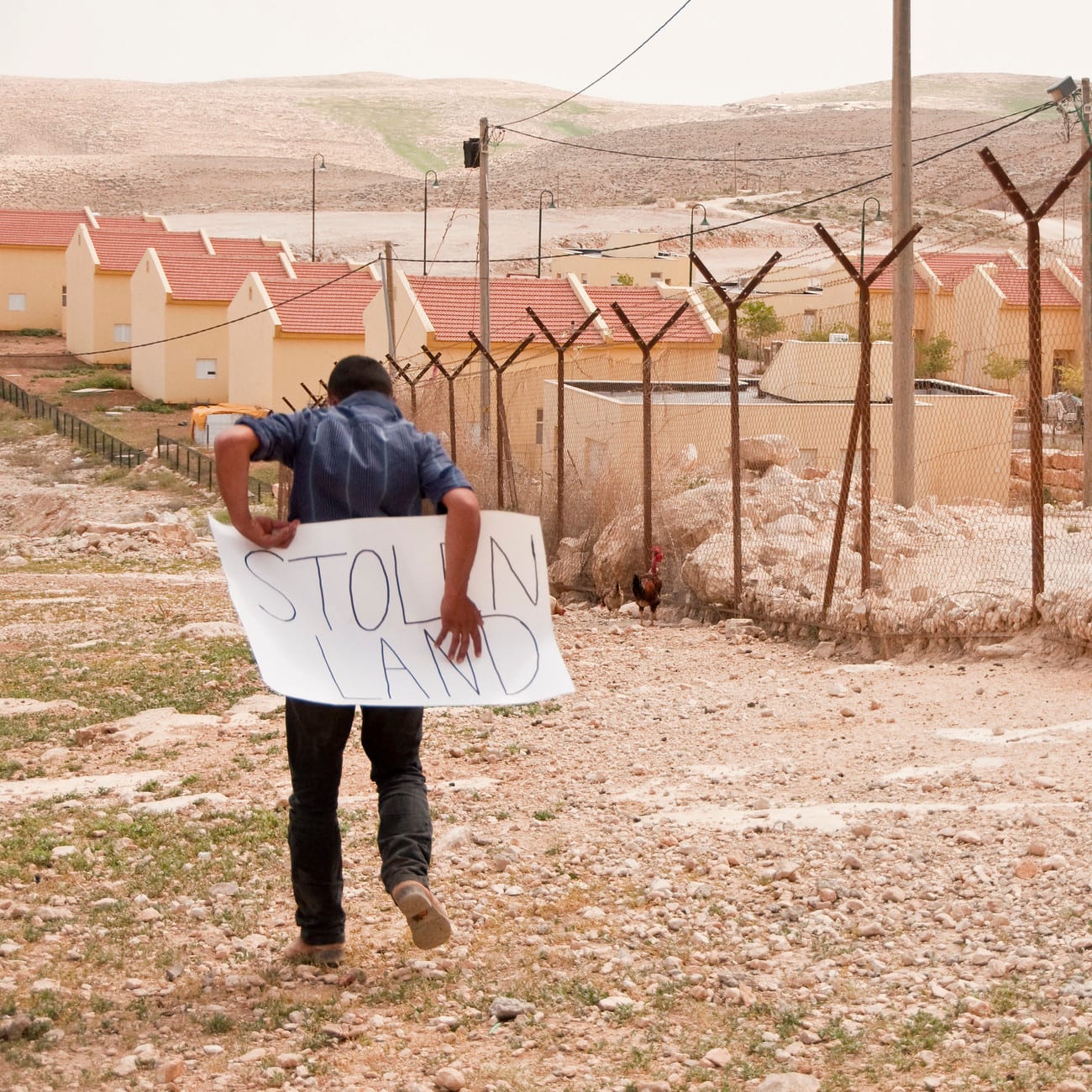
In the interest of awakening the ecological self, EcoSanghas, gatherings around the exploration and practice of EcoDharma, have an opportunity to enhance these rituals by including the local lands, waters themselves, as well as members of the living Earth community.
As has been pointed out by Anishinaabe writer and educator, Hayden King, the significant risk with all of these rituals is that they are merely performative.1See “‘I regret it’: Hayden King on writing Ryerson University’s territorial acknowledgement“ When they facilitate participants in only “checking a box,” they stand in the way of authentic response to historical injustice and ongoing threat 2For example, after each mass-shooting in a school, the exclusive focus on “thoughts and prayers” for the families of victims functions in part to thwart substantive policy change. Even as we offer this practice, we are cognizant of its potential to manifest counter to our intentions.
Indeed, beyond recognition, repair and reciprocity are required to restore right relations. Corrina Gould, Talking Chief/Spokesperson at Confederated Villages of Lisjan/Ohlone, co-founder and a lead organizer for Indian People Organizing for Change offers the wisdom of re-matriating land and being a good guest on Indigenous lands.
As a White settler run organization, we move forward with humility and invite you to collaborate with us in this effort. Share your ideas and concerns in the comments section at the bottom of the page.
Preparation
In advance of the practice, you can prepare by furthering your understanding of
- Your place: the major land and water features, and the environmental risks in your immediate area.
- Local Indigenous peoples3The identification term ‘Indigenous’ was chosen by our Indigenous teacher advisors., practices, and struggles. For a starting point, consult these resources
- Native Land (covers mostly North and South America and Australia)
- Tribes, Peoples, and Nations of Modern Africa
- Europe’s Indigenous Peoples
- Asia’s Indigenous Peoples
- Your Buddhist lineage as well as Asian Dharma ancestors, contributions, and struggles.
- Your local ecological community, specifically of one kind of creature or rooted being, a beloved and/or endangered species, their gifts, contributions to ecological health, and the threats they face. For a starting point, see these resources.
- Map of life
- Local field guides (books and elders)
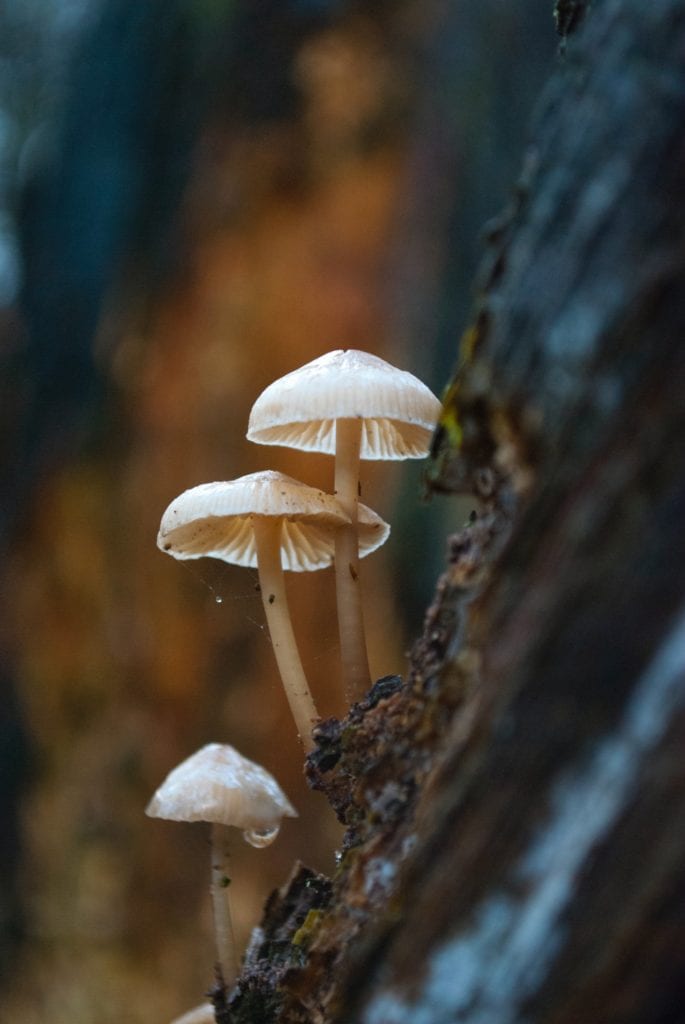
Possible Forms
While the text below refers to group practice, this ritual can easily be adapted for individual practice. We can also imagine both smaller and more expanded versions of this ritual being enacted more or less regularly. Here are some possible forms:
Individual Practice
- A brief version of this ritual as part of daily practice
- An expanded version at the beginning of a retreat or other extended period of practice
Group Practice
- A brief version of the ritual as part of the beginning of each meeting
- An expanded version that is the central focus of the gathering. This version might be practiced twice a year or every quarter, potentially synchronized with the solstices and/or equinoxes.
Sample Text
Opening
Group (that is, all voices or one voice on behalf of the group):
We open this gathering with an acknowledgement of the lands, waters, creatures, plants, and peoples whose being is bound up with our own in mutual dependence.
We honor the lives of those who have contributed so much to our human family and yet are habitually devalued and exploited.
May these words set the conditions for our actions of recognition, repair and reciprocity.
Honoring Indigenous Peoples
Group:
We pay respects to the Indigenous peoples of each place who through the years and to this day, have loved lands, waters, and ecological communities into their well-being. We are grateful for their wise and loving efforts.
Group Member(s) (that is, each group member or a subset of group members):
In the lands and waters of the [name of my watershed or eco-region], I honor the Indigenous peoples of this land, [name native peoples ]. I am grateful for their wise and loving efforts.
Honoring Spiritual Ancestors
Group:
We pay respects to the Asian ancestors from whom these teachings and practices have come and have been preserved for the last 2600 years. We are deeply in their debt.
Group Member(s):
In this Sangha and [Buddhist lineage], I honor the Dharma ancestor, [name ancestor]. I am grateful for their wise and loving efforts.
Honoring the Living Earth Community
Group:
We here, the Dharma, and all that we love arise inseparable from Earth and the living Earth community in ways endless and unfathomable. We pay respects to the lands, waters, creatures, and rooted ones of each place. We are grateful for their contributions and for the living Earth.
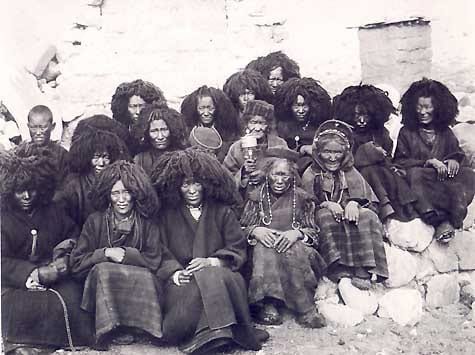
Group Member(s):
In the lands and waters of the [name of my watershed or eco-region], I am grateful for the wise and loving efforts of [name one local species, beloved and/or endangered].
Conclusion
Group:
We pause to honor all the lands, waters, community members and ancestors recognized by each member of this gathering.
[Silence]
Beginning with recognition and gratitude, may our actions honor our relatedness. We vow to reciprocate the generosity of our ancestors and to protect the well-being of the living Earth community.
Feedback
Thank you for engaging with this practice! We will continue shaping it to be more responsive and adaptable. We welcome your feedback, questions, and suggestions in the comments below.
References
- 1
- 2For example, after each mass-shooting in a school, the exclusive focus on “thoughts and prayers” for the families of victims functions in part to thwart substantive policy change.
- 3The identification term ‘Indigenous’ was chosen by our Indigenous teacher advisors.

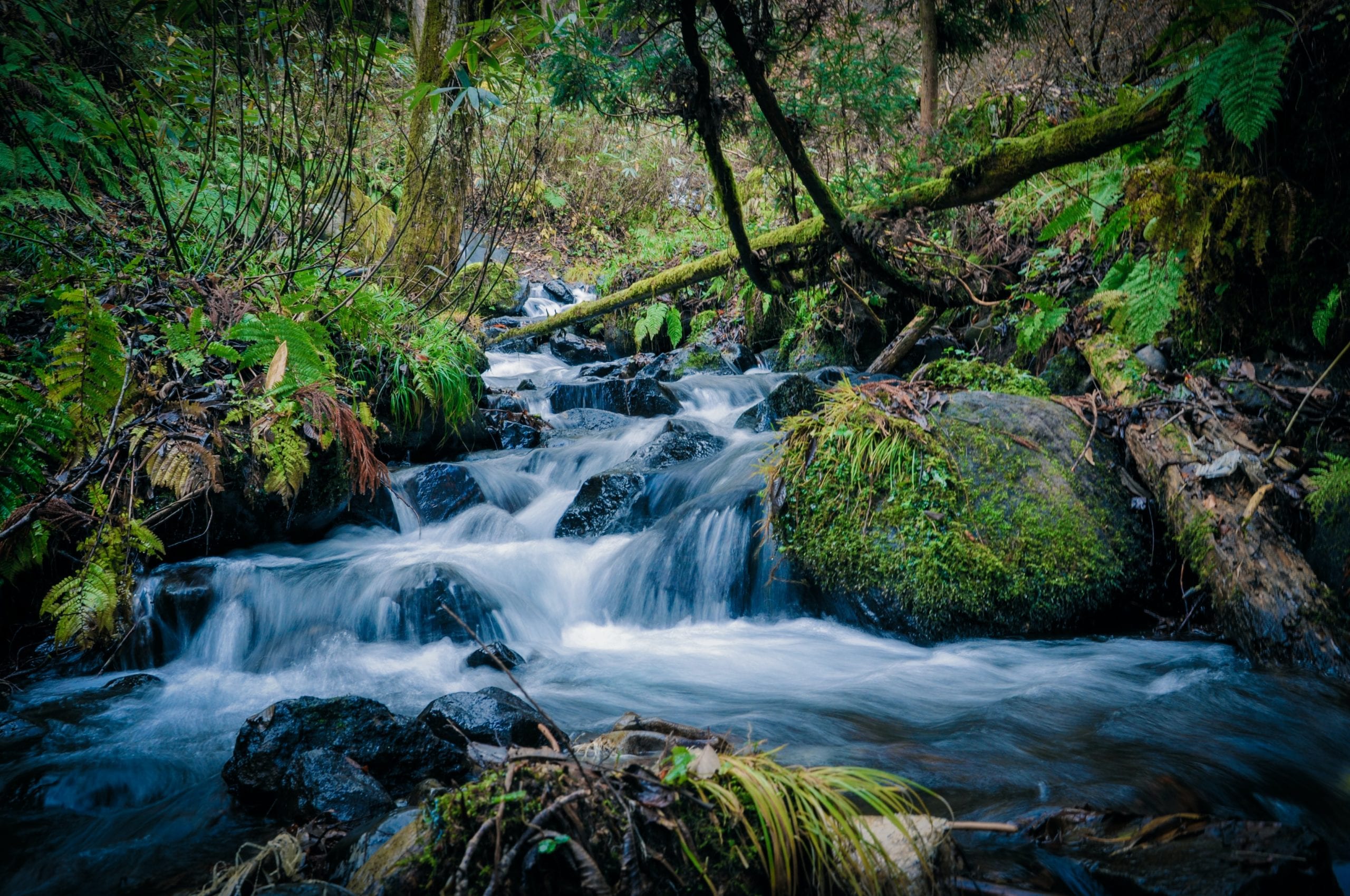

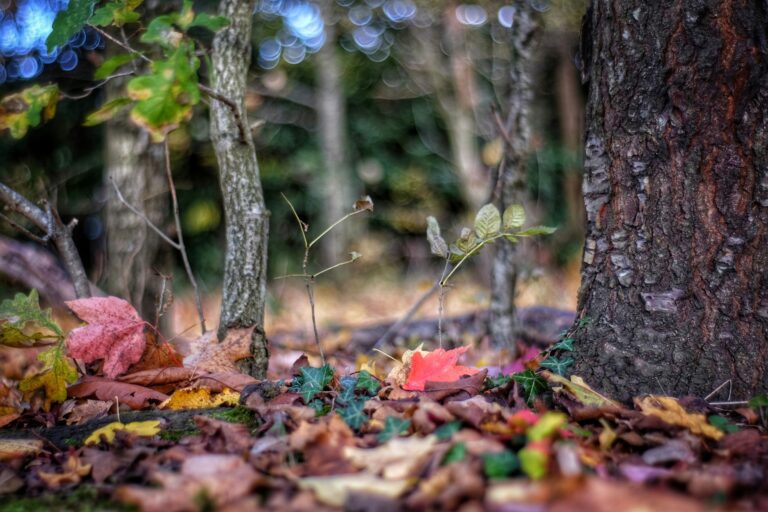
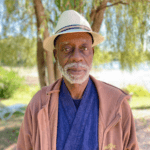
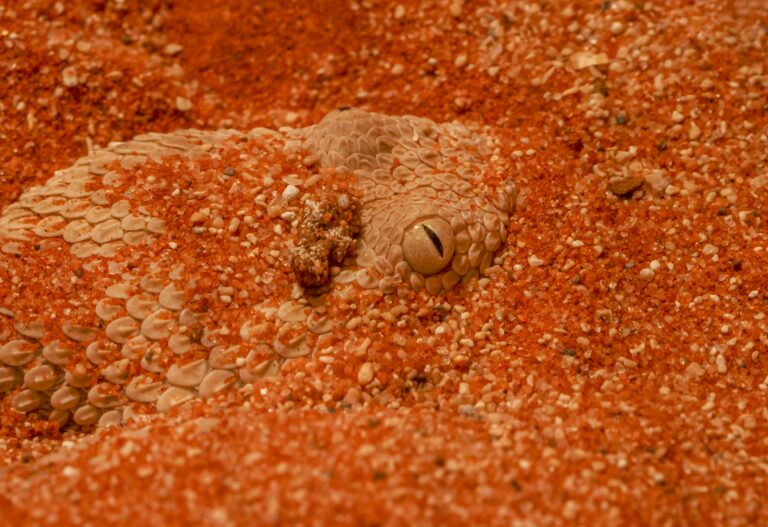

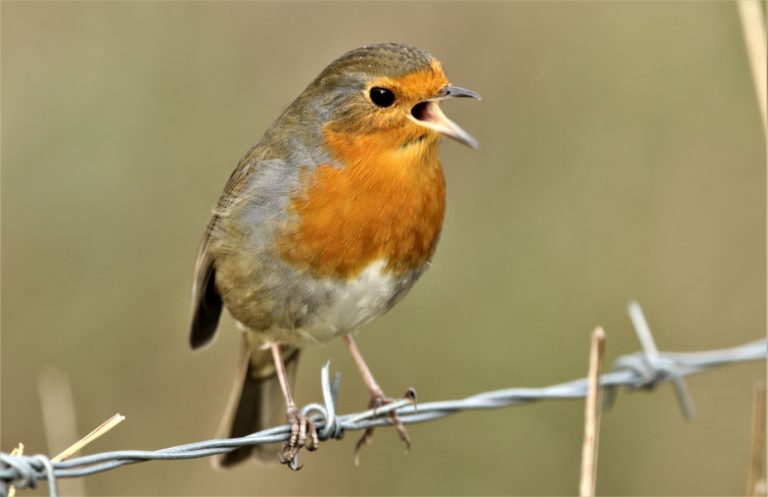

3 Responses
Hello, It might be good to include a paragraph acknowledging and thanking our LGBTQIA+ ancestors and those who are/were neurodiverse and differently abled.
The opportunity is here to bring in whatever ancestors each of us want to appreciate including dharma ancestors, ecological relatives, any other benefactors, including the LGBTQIA+, neurodiverse–the list isn’t meant to be exhaustive as much as suggestions.
My land is Italy, every day I thank my ancestors, I am here thanks to them. Reading what you have written in this session, I realise more and more how great and welcoming the Earth is. thank you.